November Audio Meditation
Here’s our November meditation. If you’d rather do this meditation with images, we’ve also included our YouTube version…
Here’s the YouTube version:
Meditations, experiments, books and guided meditations to assist with nourishing spirituality, healing childhood wounds, and living more consciously.
Meditations, experiments, books and guided meditations to assist with nourishing spirituality, healing childhood wounds, and living more consciously.
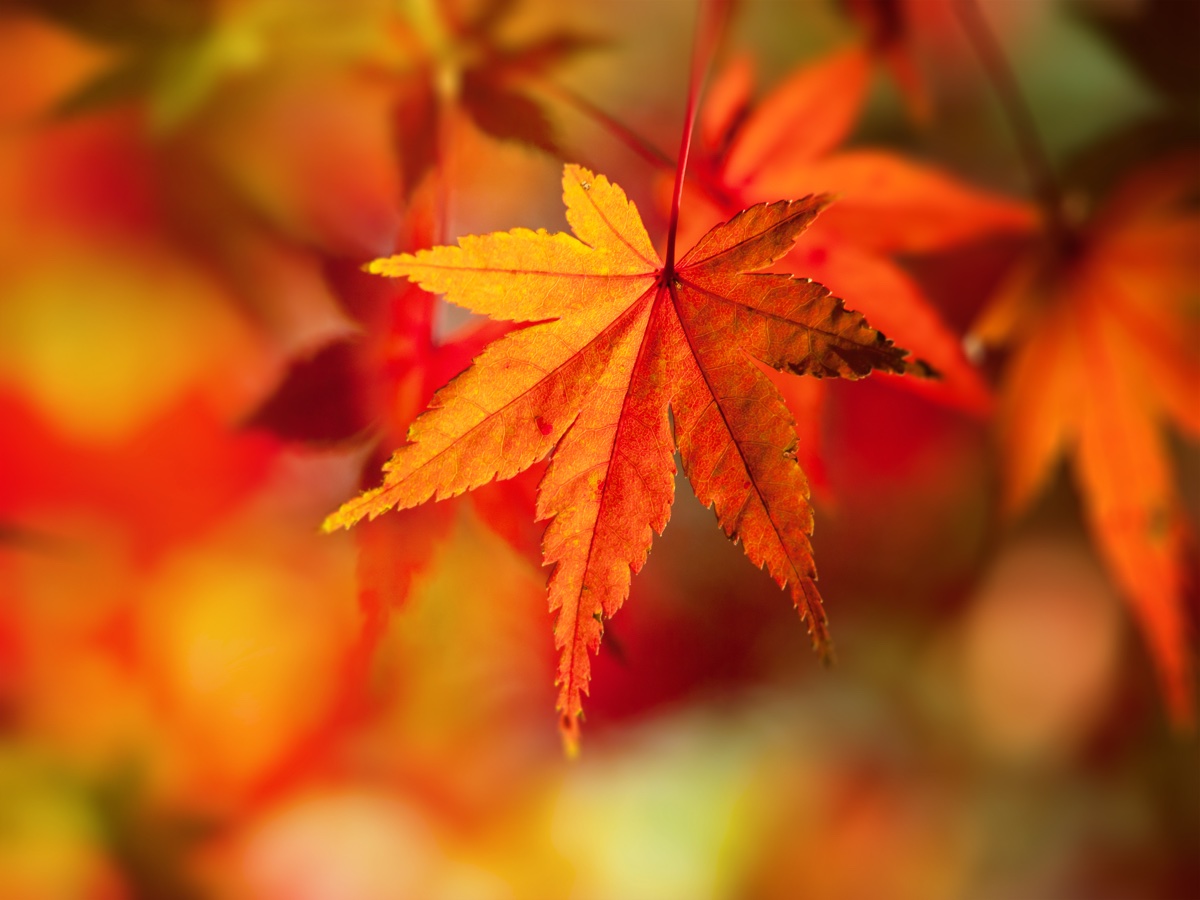
Here’s our November meditation. If you’d rather do this meditation with images, we’ve also included our YouTube version…
Here’s the YouTube version:
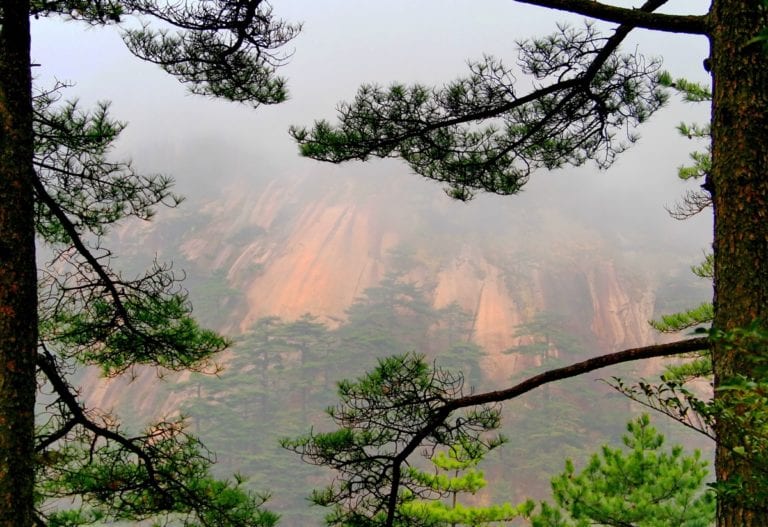
I’ve written before about some of the basic teachings I received from my grandmother between the ages of 10 and 16, when she was my first spiritual teacher. One of the important things I took from those years was my understanding of what she called “the raincloud of knowable things”. Because she believed and lived in a sense of collective consciousness, her experience was that there is nothing in the world that “belongs” to any one person or group. In the “raincloud of knowable things”, all ideas, creative possibilities, deep understandings are available to everyone, everywhere, all the time. Read More “701st Week: Revisiting the “Raincloud of Knowable Things””
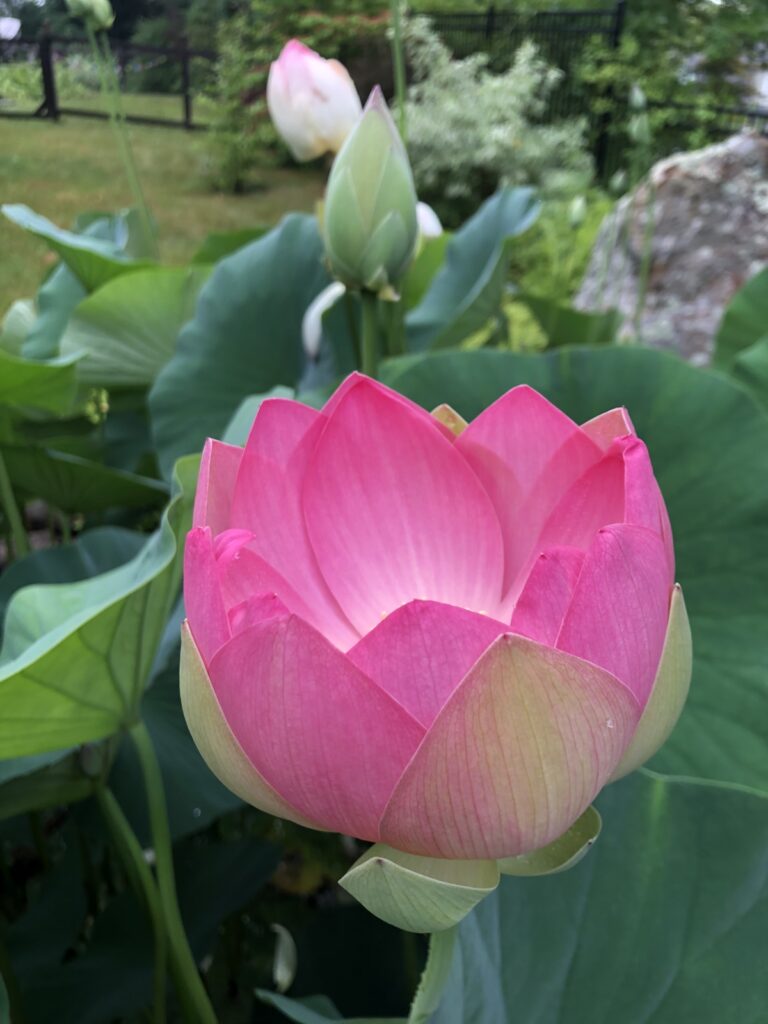
887th Week: Orienting to Lovingkindness
Note: At the end of this written practice is a recording of the Lovingkindness meditation. Please remember never to listen to recorded meditations while driving or using dangerous machinery.
The practice at the center of this week’s offering is heart-oriented. I’ve written many times about the importance of accessing and listening to the “heart-brain”, as it has a different take on many things compared to what the “head-brain” perceives and understands.
In our current political climate, characterized by a style of interaction that began 30 to 40 years ago, there is a new habit of thinking about the “other” in deeply negative terms with labels such as “devils”, “traitors”, “enemies”. This style of interaction has moved about as far from heart-centered styles of perception and interaction as possible. In the years before the current style of political conversation started, people understood that there are disagreements about policies, but this didn’t lead to a direct attack on the characteristics and attributes of colleagues.
All this got me to thinking about the importance of remembering that we are one human family and that we need each other in order to survive. It also orients me to the practice of lovingkindness, where I can remember and affirm that all living beings want the same thing—to be free from suffering and to be happy. It’s sometimes hard to access this awareness when it feels like we have lost the ability to disagree with one another without an attack and alienation as part of that disagreement.
For this week’s practice in conscious living, I invite you to orient to lovingkindness, if you aren’t doing this kind of practice already. This means to remember that anyone and everyone you encounter along the way wants the same thing. It can be helpful to remember that people who tend go attack are often being driven by fear.
Here’s one version of Lovingkindness practice that I have on my website:
How to use this Meditation Exercise:
It’s been my experience that doing this meditation once or twice a week, when you have time to really sit with it and enter into the spirit of what it touches, can have a powerful healing effect over time. Doing it regularly in this way creates a state of mind that promotes greater self-acceptance, compassion, tolerance, and ease with ourselves and also with others. It also offers a way to experience and honor mixed feelings while continuing to open your heart. (Note: Doing this practice doesn’t preclude feeling outrage or the need to take action on behalf of social and environmental justice…) If you choose to experiment with this meditation, give it several months to have an effect and notice how you feel as you use it over time.
Read More “”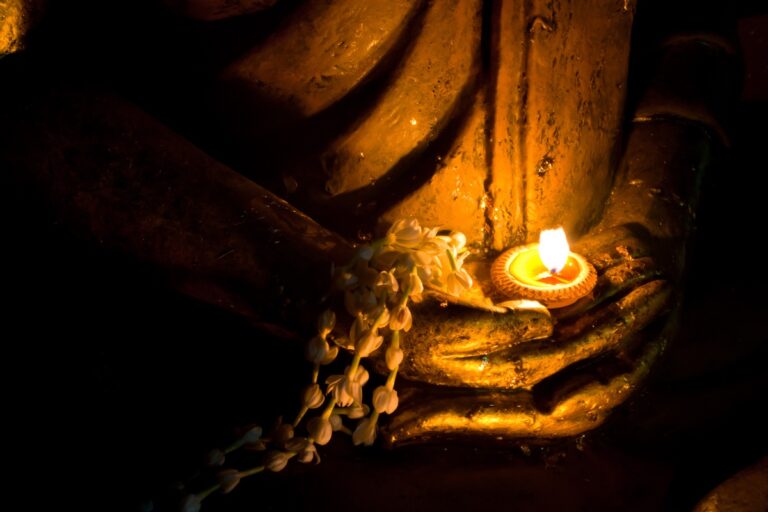
Sitting in my living room on a Sunday morning, I’m filled with the gift of silence. No city noises disturb the quiet this morning and that is a great gift. It has gotten me to thinking about the brain research I’ve mentioned before that reflects the benefits of silence in fundamental and literal ways.
One of the benefits of having quiet time, time spent in silence, is that we gain access to our default mode network. This is the aspect of brain activity where we allow our minds to wander, to think deeply, to listen to our internal experience. All it requires is for us to move away from distractions and give ourselves quiet time to simply be present to our awareness.
Another reason to seek out times of silence is that research has shown that two hours of silence daily can lead “…to the development of new cells in the hippocampus, a key brain region associated with learning, memory and emotion.” In addition to this, we know that noise pollution raises blood pressure and creates stress for both body and mind. According to researchers, “Just as too much noise can cause stress and tension, research has found that silence has the opposite effect, releasing tension in the brain and body.” These findings were reported in the Huffington Post by Carolyn Gregoire and shared by Daily Good a while back.
Read More “816th Week: Return to Silence”
There’s a concept drawn from quantum research that resonates deeply with many spiritual traditions and also touches into ideas that are found in psychology. It is called “entanglement”, and it proposes that we are intimately connected to and affect the world around us in everything we do. It also proposes that we, as individuals, are part of a collective within which there is no real separation, even though our physical bodies lead us to imagine that we stand alone. In the Rig Veda, there is a saying that says something like: “We are all woven into Indra’s net, out of which we cannot fall.” According to quantum research, it appears that we are, indeed, all part of a living system out of which we cannot fall. In addition to that, as part of this system, everything we do has an effect on the larger collective system.
As I thought about writing a practice today, I found myself orienting to a deepening sense and understanding of entanglement. I think that part of me is also chewing on subtle activism practices for these times. And so, with entanglement in mind, here are a few subtle activism possibilities for you to explore.
Read More “910th Week: Entanglement: Individual and Collective Well-Being”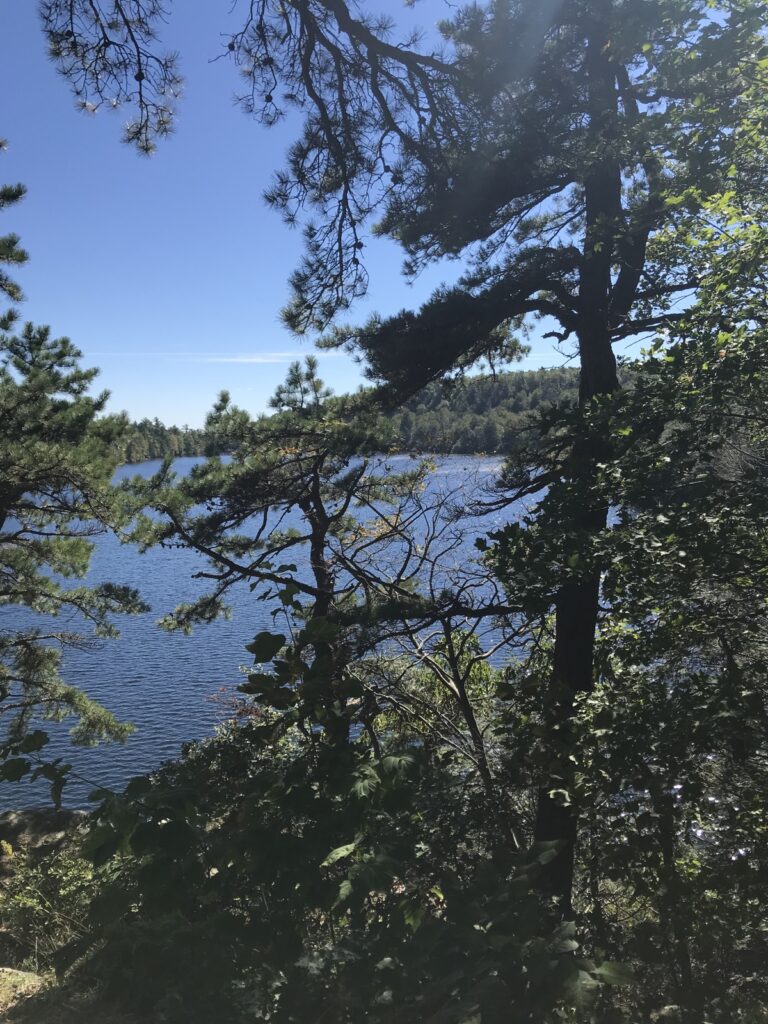
Each morning, I post a “daily inspiration” on the Devadana Sanctuary Facebook page. It’s something I do 365 days a year and it’s the first computer thing I do once my morning routine of getting my own act together is accomplished along with taking care of the three felines who live with me.
On a recent morning, I opened the computer and found that none of my documents would open. I decided to restart the computer and when I did the computer simply stopped booting up. I was left with a dark screen and no way into the computer. I shut it down and gratefully went to my smaller travel computer to do the post. Later, after my regular computer had had some time to rest, I turned it on and everything was back to normal. What struck me was that my recent intention to resonate with qualities of flexibility was very much in the foreground of this experience, as I didn’t get activated or tense when my computer stopped working. Having a backup device certainly made a difference but the “old” me would have been agitated anyway.
This is a very small adaptation compared to what’s happening in people’s lives all around the planet, so I don’t present it as something that was hard to do. Rather, it brings to mind the current reality of how we are confronted with a need to adapt to change in countless ways. With the pandemic and climate change, these moments of having to be flexible and generate new options appear just about every day. They are further complicated when what unfolds generates trauma, loss, financial fears and need, food scarcity, and so much more.
In my experience, one of the characteristics of flexibility is the ability to “soften” in the presence of frustration and obstruction. One thing I want to be sure to say now, rather than later, is that being flexible and softening don’t in any way mean not to respond or take actions that may be needed. Even when we are flexible, we also maintain the ability to act in whatever ways are called for, be these personal actions or actions on behalf of others.
Read More “848th Week: Cultivating Flexibility, Generating Options”